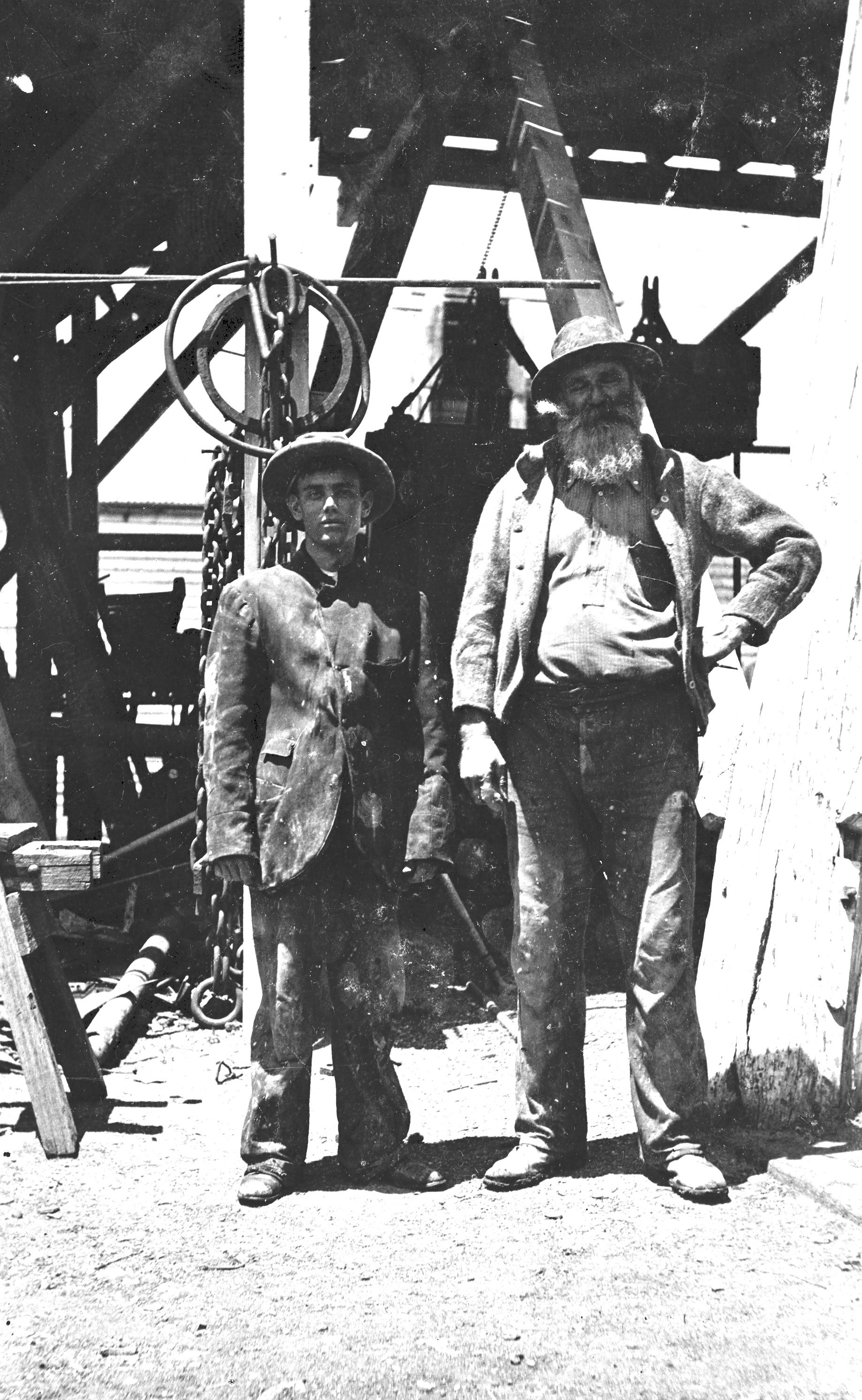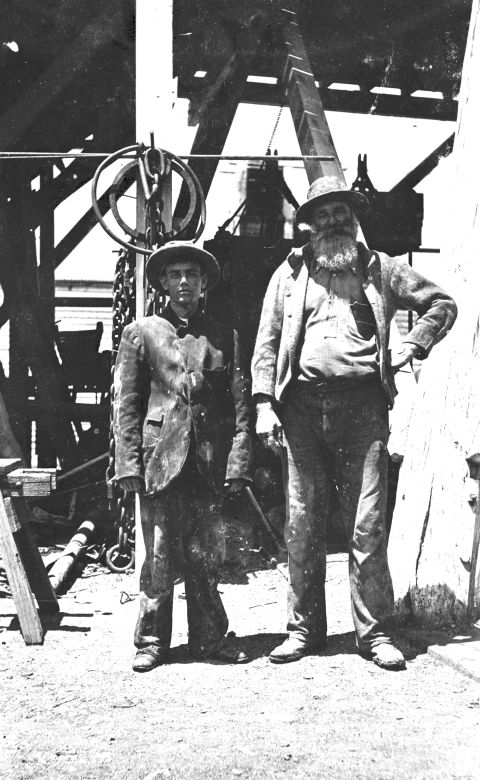David Fletcher Jones was born in Bendigo on the 14th August, 1895 - the son of Samuel Henry Jones, a Cornish-born foundry blacksmith and toolmaker and his Victorian born wife Mahala, née Johns. After Mahala died in 1897, Samuel remarried and had four more children Samuel died when Fletcher was 23.
"The families blended happily, and Fletcher recalled his childhood fondly: 'the greatest inheritance is to have been born into a struggling Christian household'.
The Jones family was Labor in politics, Methodist in religion and improving working class in its social aspirations. This background, together with the camaraderie of Cornish mining families and the fellowship of the Methodist congregation at Golden Square, fostered in Fletcher both a desire for individual improvement and the moral imperative to leave the world better off.
In 1908 he left Golden Square State School; he worked for two years in a Bendigo auction-room and then spent three years establishing for his father a tomato-farm on scrubland at Kangaroo Flat. He read omnivorously, and aloud, in an attempt to overcome a bad stammer. Fascinated by tailors' workrooms, he often walked from Kangaroo Flat to Pall Mall, Bendigo, to gaze in their windows."
John Lack, Australian Dictionary of Biography, Volume 14, (MUP), 1996
In his book Not By Myself, Fletcher writes of his admiration for his father and the influence of growing up in Bendigo amongst Cornish miners and their families in Golden Square, Bendigo. His father was very ill for 18 months and Fletcher notes how every morning there would be a plucked chicken under cover on the back verandah and that they never knew who put it there. When his father had a bad workplace accident, Fletcher says the only compensation his father received "was anonymously slipped into the tin where the chooks used to go on our back verandah. Between our home and the Golden Square State School at least every third miner's cottage had a cotton sheet fixed between the verandah posts, hiding a poor man with 'miner's complaint', seemingly abandoned to his fate. It worried me not a little to see these poor blokes being punished for working in the wrong place, and accepting the occupational hazards of the deadly fine dust form the rock drill. As children playing on the Golden Square footpaths, we could hear men coughing up their lungs."
"There was no unemployment relief. There was no medical or hospital benefits. We had no insurance. The concept of sick pay did not exist..... The milk of human kindness, as handed over the fences of the workers or the unemployed in my early days, impressed me with one thing in particular. It seemed there was more of the touch of human co-operation amongst the poor than in the average affluent home."
Fletcher Jones, Not By Myself. Wentworth Press, 2010. Chapter 2 - The Cradle.

